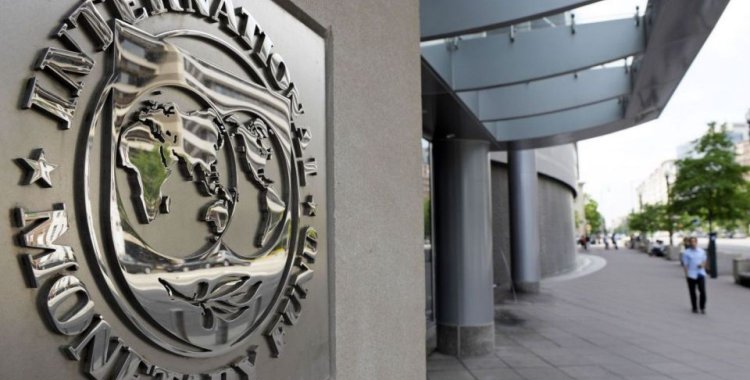In the first assessment by the executive board of the International Monetary Fund (IMF) after the financial assistance program, where the financial institution reviews downward the growth of the Gross Domestic Product (GDP), which is expected to slow down to 0.9 percent this year compared to forecasts of 3.5 percent for February, recommendations on the tax and financial sector are also put forward.
"It is necessary to continue developing efforts to reinforce financial stability", highlights the IMF in a note consulted by Lusa, adding that "the ongoing prudential reforms should continue to improve supervision and the health of the banking sector".
To safeguard market confidence and reduce fiscal risks, the IMF recommends that the deposit guarantee fund strengthen its financial and operational capacity and that the BNA prepares "for the decisive resolution or liquidation of problem banks, as necessary, protecting only small depositors".
Among the problematic banks, which the IMF does not identify, could be Banco Económico (former BESA) which adopted a recapitalization and restructuring plan for its financial recovery, but which continues to need capital injections, as it is in technical failure.
According to an internal report that Jornal de Negócios recently had access to, the former Banco Espírito Santo Angola (BESA) will have ended the 2022 financial year with a negative net result of more than 39 million euros, and needs capitalization additional 300 million euros.
BESA was declared bankrupt on September 13, 2014, after the resolution of Banco Espírito Santo (BES), and left a 'hole' valued at 5.7 billion dollars.
After the collapse of the Portuguese BES, BESA was transformed, with Sonangol among the new shareholders, into Banco Económico.
Maintaining a focus on medium-term structural reforms is another of the recommendations that the IMF considers essential for Angola to maintain growth in the face of the decline in oil production.
"Reducing dependence on the oil sector is fundamental and should continue to be the focus of authorities in the medium term, to reduce vulnerabilities arising from increased volatility in this sector", highlights the financial institution.
The IMF asks Angola for "continuous efforts to strengthen governance", improve the business environment and promote private investment, guided by economic diversification plans and macroeconomic and financial policies within the scope of the new National Development Plan (2023-27).







